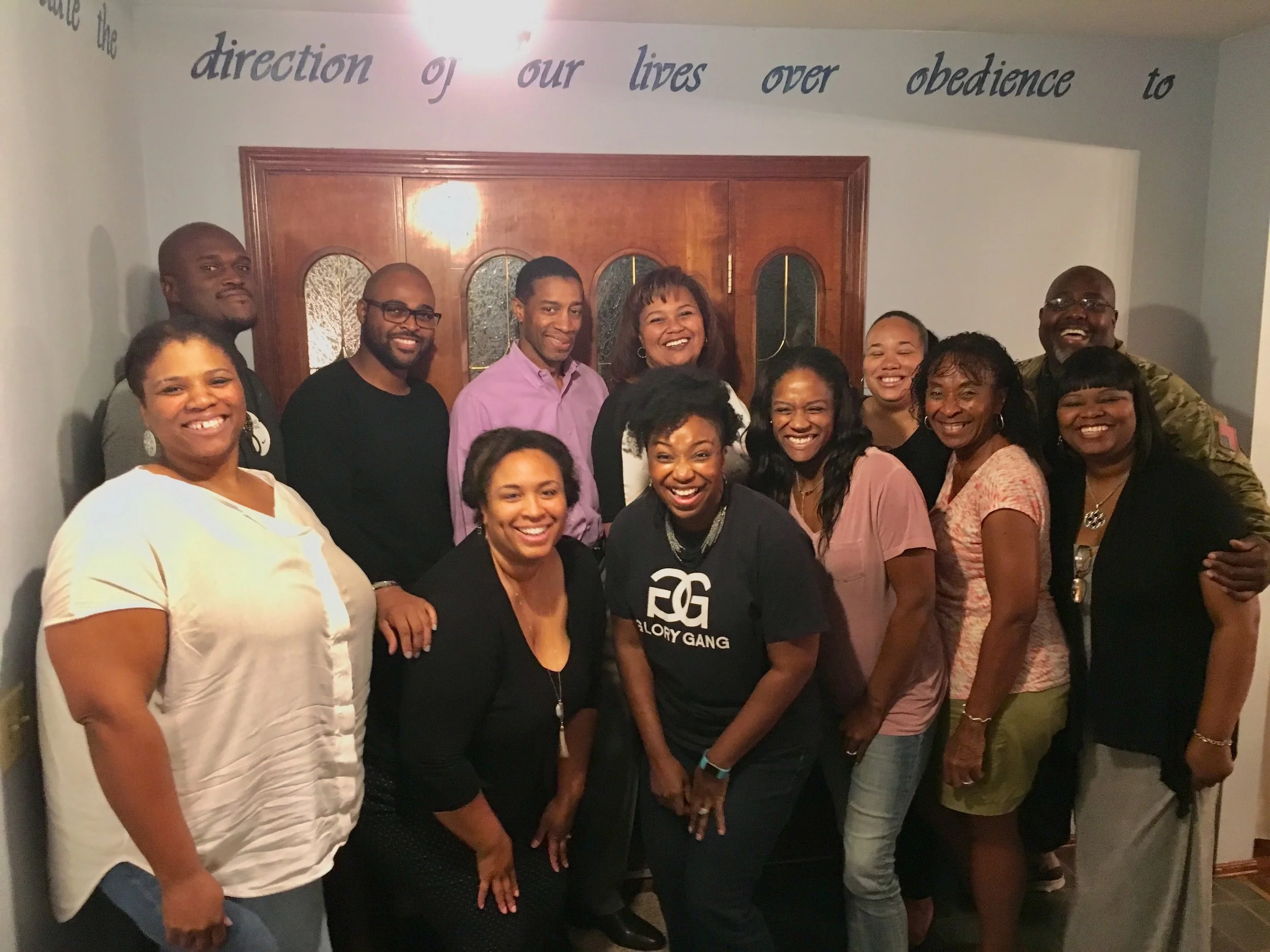More Emotion, Less Passion
I wonder how the word emotional got such a bad rap in English. It has more to do with being agitated than aroused in feeling. It’s the abdication from rationality. In fact, we only expect full displays of emotion from criminals (“he showed no emotion as the judge sentenced him…”). It’s quite different in my native Spanish, where perfectly rational speech can be emocionante.
In English, especially in America, the word that has come to represent a proper display of feeling is passion. Emotion: tricky; passion: good. Which is odd to me, because passion carries a stronger sense of non-rational conviction than mere emotions, which seem more fleeting. How recent MBA graduates can bring themselves during job interviews to say that their passion is to work in industry X is a wonder to me.
So what is the room for strong feelings in our financial inclusion work? I think we all need to get properly emotional when we hear about the challenges that poor people face on a day-to-day basis. Like when a villager tells you that she accumulates money to pay for her children’s school fees in the form of a goat, but then the price of goats drops by 25% at the beginning of the school term because everyone is selling their goats at the same time.
But we cannot afford to be passionate about the solutions and models we each work on, including mobile money, group-based lending or savings groups. There we must maintain full rationality, because who is to say that our approach will turn out to be the best or even that it will work. We must give it our best shot but we need to maintain a healthy skepticism, so banish the passion. Reserve the emotional stuff for the challenges, which is our common ground.
I think this links to what Kim Wilson and I found so powerful about Katherine Boo’s book, Behind the Beautiful Forevers (see our review here). It evokes plenty of emotion from the reader about the circumstances in which these wretched people live, but it draws no lessons and proposes no solutions – and hence triggers no passions. That’s the best state of mind for us to be in as we labor on our humble and diverse contributions to reversing that situation.
Note: This article was originally published in November of 2012, however the date was changed to move it up higher on our feed, because we really think it's worth a read.



